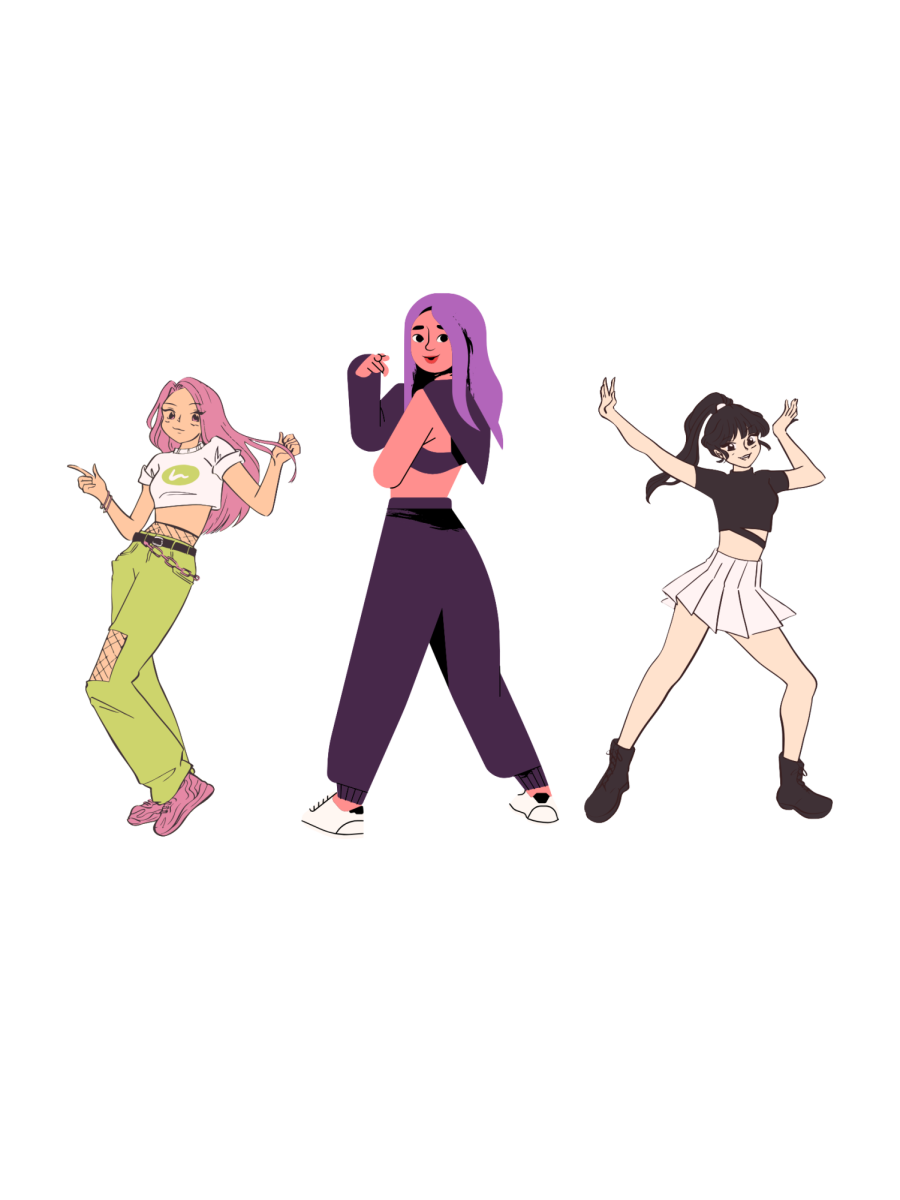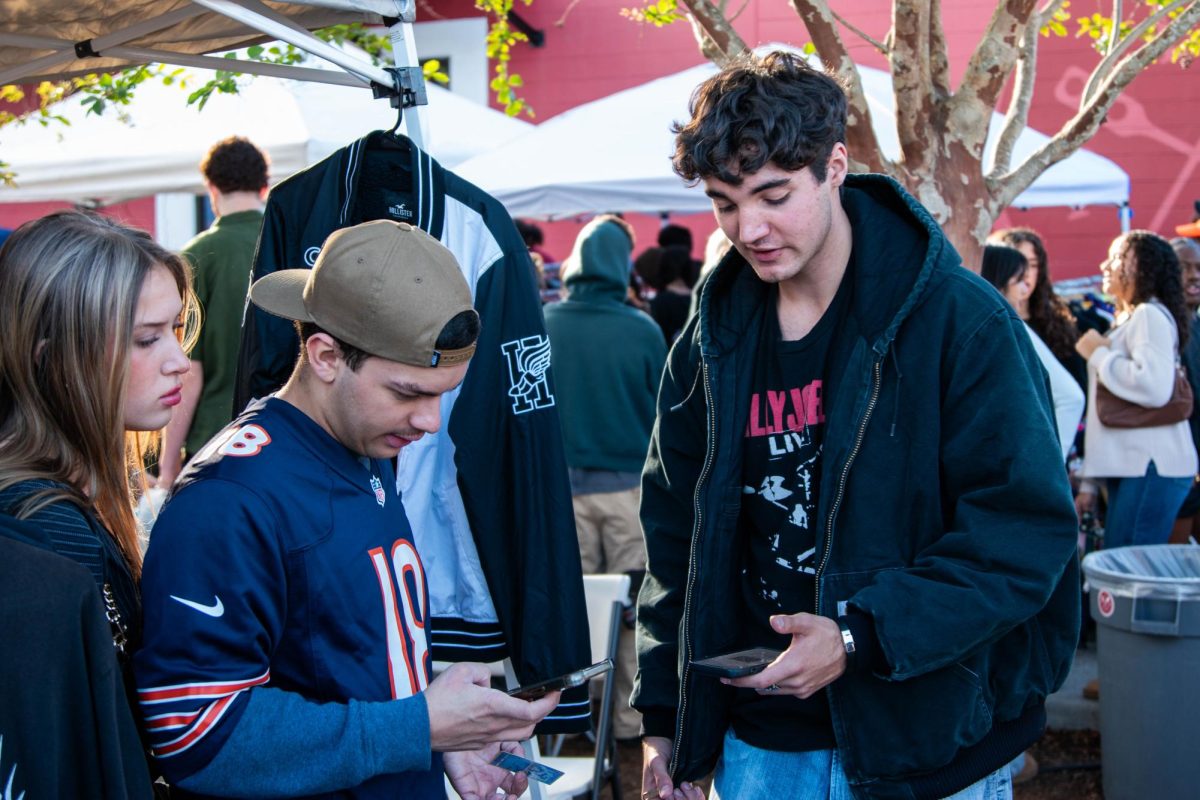Reading is a life skill most Americans use every day, whether they are skimming a menu, examining a price tag, or glancing at a road sign. However, it is not as common in this generation to see much of our population reading for fun, especially with technology advancing to leave paper books behind.
A 2017 American Time Use Survey from the Bureau of Labor Statistics shows that roughly 19 percent of Americans 15 or older read for pleasure, down nine percent from 2004. The aggregate reading time among Americans has fallen from an average of 23 minutes per person per day in 2004 to 17 minutes per person per day in 2017. The average American in 2017 spent nearly 10 times the amount of time watching television than reading.
English teacher Robert Boerth understands that not everyone is as dedicated to reading as they used to be.
“Our culture provides so many avenues for entertainment,” Boerth said. “I think books get pushed aside by some people in favor of other cultural formats, and some of those are more visually appealing than something that requires quiet and sustained attention.”
Boerth is working to employ new and engaging material in his classes to combat the stigma surrounding reading books. He has a wide variety of required reading in his class that covers all genres, such as horror and thriller short stories, comic books, graphic novels and historical fiction.
“I try to assign things in my curriculum that I believe are experiences that a student would enjoy and wouldn’t get elsewhere,” Boerth said. “I like to choose books that they might want to read again and try to make connections of books we read to other forms of popular culture and show that spending time to focus in on a book isn’t separate from other media that students may be interested in.”
Boerth says that while rigorous analysis of a text for educational purposes can be tedious, when utilized in a leisurely setting, critical thinking can be fulfilling.
“Initially, some students find that it takes the enjoyment of reading the literature away,” Boerth said. “But I do think that normally the end result is going to deepen your appreciation for literature as well as your enjoyment of reading.”
Senior Robert Witten is very passionate about reading and has a goal to read 80 books each year.
“I have read about half this year of what I had last year because I have less time,” Witten said. “But 40 books is still a lot. Reading has been constant throughout my entire life since my mom would be willing to support a passion for reading instead of video games.”
While he does read often, Witten finds it harder to make time to read in his senior year than in previous school years.
“The reason I don’t read as often this year is a combination of college apps, various other extracurricular activities and just overall less time,” Witten said. “It also may be senioritis in a way, because it’s harder to stay focused with so much going on that I don’t always have time to read. But I try.”
Witten understands that reading for pleasure may not be for everyone, but he encourages people to get out of their comfort zone and spend at least some time engaging in reading.
“In today’s culture, it’s difficult to convince people to watch less TV and pick up a book,” Witten said. “But I try because it’s an experience that’s unlike any other movie or TV show because it leaves more room for imagination, and it’s extremely fulfilling.”
Librarian Reba Gordon knows that students have other interests and does not try to change the habits of students not reading in the library.
“The people in the library are typically relaxing, hanging out,” she said. “It’s mostly dominated by video games and Netflix. And here’s the thing: I want to create a space that students want to be in, provide the materials they need to be successful, so I don’t get offended when people are in the library not reading.”
Gordon said that her, “sneaky, evil plan”, as she puts it, is that if students are in the library and are aware of the abundance of material at their disposal, then someone who isn’t reading as much might start reading.
“If I hold a contest about books or an event related to reading,” she said, “then that may trigger something and might give a person who wasn’t previously reading before a possible urge to pick up a book.”
Gordon also says that the majority of students that read are younger middle schoolers reading Young Adult novels that might have more of an interest to spend time with a book.
“Kids who read YA tend to be the ones who read more since they write stories that younger kids can get invested in,” she said. “The variety of choices in YA lit is one of the draws, since you can explore information about yourself through an empathetic character, or you can just explore what it would be like to live in the future.”
Gordon is not worried at all about the novel medium becoming outdated because she says people will always be readers, even if they are not currently reading at the moment.”
“Books are still being checked out of the library every day for students to read for pleasure and that isn’t changing,” she said. “I strongly believe that those who consider themselves to not be readers just haven’t found the right story yet. If a student can find a story binging a Netflix show or playing a video game, they could find it in a book.”






















